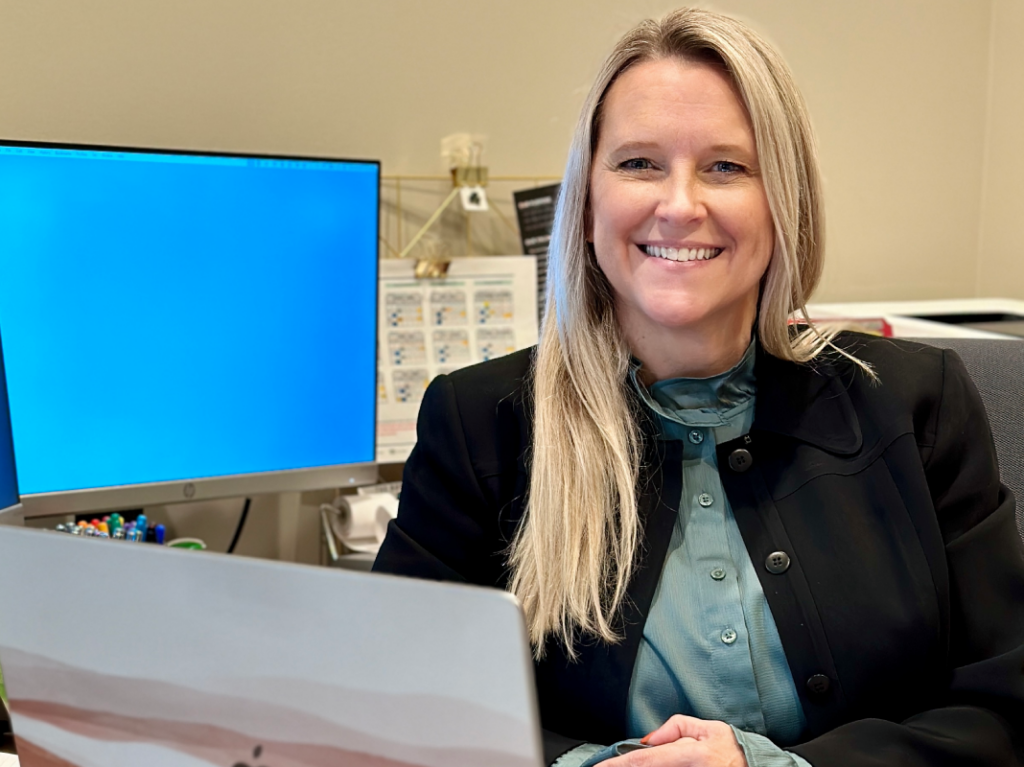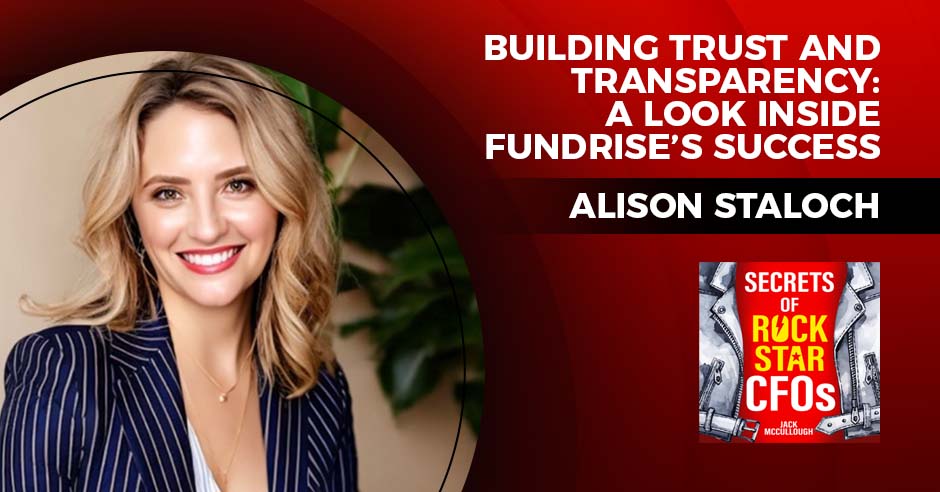How can you best leverage data science within the finance function? Put data scientists on your finance team.
So says John Collins, CFO at LivePerson, a New York City-based company that offers AI-powered chatbots to banks, retailers, airlines and other companies. Collins, well-versed in data science himself, talked with StrategicCFO360 about how he has influenced his organization to better collaborate across the enterprise on insights gleaned from data analytics and how that approach can reduce costs and improve profitability overall.
How are you spearheading the integration of data science into the CFO role as part of the work you’re leading at LivePerson?
Since I came onboard with a data science background, one of the first things I sought to do as CFO was eliminate data and connectivity restraints. I wanted to move away from siloed sets of spreadsheets and software that required lots of manual work, taking significant time away from the team that could be better spent on more creative problem-solving and analysis. I also focused on building a modern data-lake architecture to serve as a single source of truth for all data and the back office, as well as our foundation for automating manual workflows.
It was also important to hire a team of data scientists and experts who report directly to me. Their role is to collect and analyze various datasets from different workflows so finance—and other functions—are armed with the information needed to make better decisions. I’ve found that having folks on my team with a mix of traditional and non-traditional finance backgrounds is what allows us to find the right balance of innovation so we can produce better, more precise insights, and then take action on them.
It’s important that this approach goes beyond the finance department alone, as every team can learn from a data-forward approach, and in fact, that approach company-wide leads to other teams uncovering cost-savers and revenue-generators that benefit finance as well.
How do you approach collaboration with other C-Suite executives at LivePerson and why is this important to your role?
Many companies give lip service to the importance of collaboration, but few make it a priority of the C-Suite. Integrating data science across functions can actually improve C-Suite collaboration, as it helps us identify pain points, challenges and opportunities that may impact multiple parts of the organization. And with more people of diverse professional backgrounds having a better understanding of these functions via data, we improve our chances to find unique, successful solutions, ultimately contributing to a better bottom line as well.
What advice do you have for other CFOs who are unsure about what data science has to offer them in their roles or within their organizations?
At a certain level of abstraction, a CFO’s job is to understand all the information from all parts of the business and bring it together in a way that enables reporting and unlocks the value of the future for the coming years. Having better access to information makes a CFO the most strategic partner to go to market and bring value to the company. In short, data science makes the job of a CFO easier, and our choices better-informed and more accurate to our end goals.
What can other CFOs learn about cross-collaboration in the C-Suite as a way to bolster their initiatives and goals?
I’ll give a personal example of how I’m collaborating with our CMO, Amber Armstrong, ultimately bolstering the goals of both departments.
When we look at the data, we see that our bookings value has been tracking at a similar level for a handful of quarters, which has helped us to accelerate revenue and growth. However, if next year we have the same bookings level—however great that number is—we won’t see the same level of acceleration. That means growth will ultimately decelerate unless we get more bookings.
Now, what is the goal of our CMO? She wants to provide the most qualified leads so we can maximize the probability of success in the sales cycle. Both of these aims get us to the same question: how do we get more bookings? We need more capacity, more boots on the ground speaking to more prospective customers. That led us to increase investment in our marketing function, working closely with marketing to determine the best way to do that in a manner that helps us both reach our long-term success metrics.








